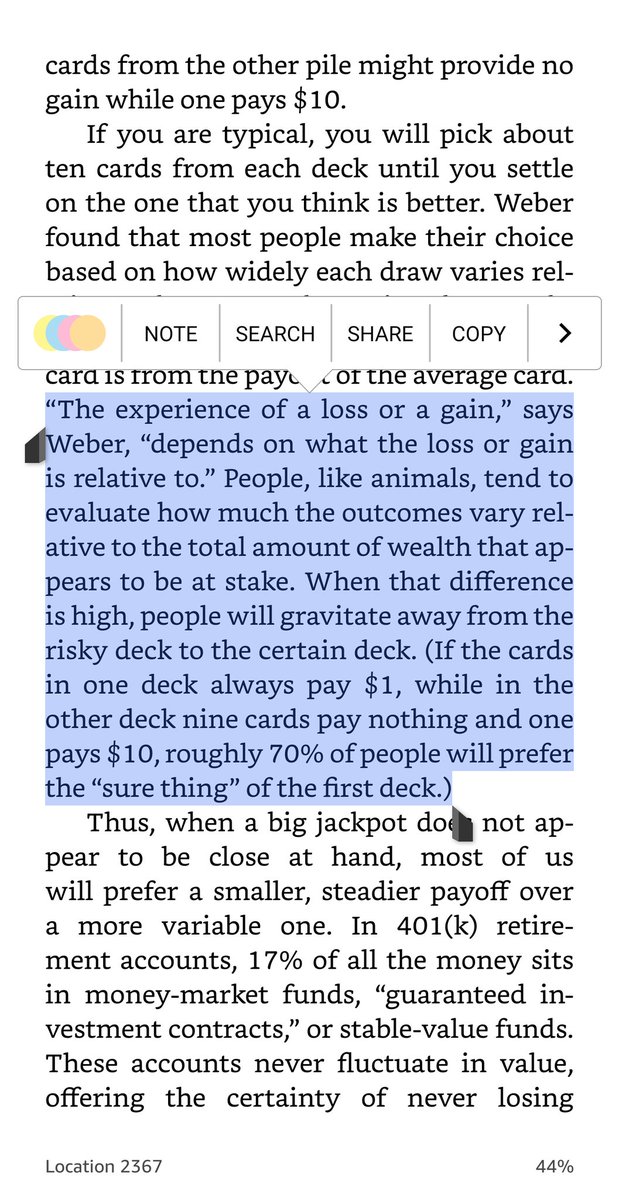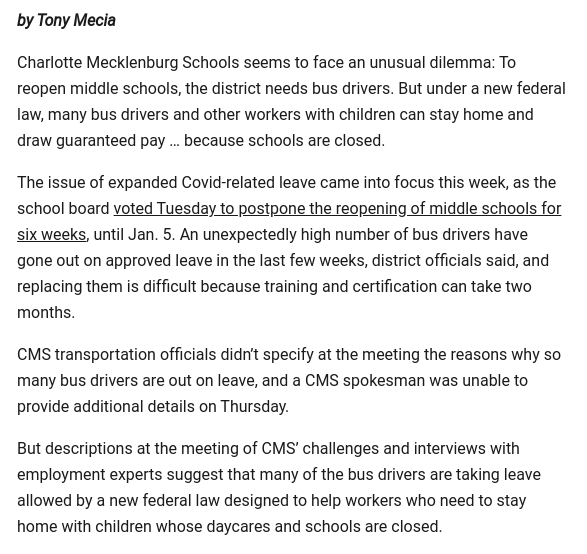
If you're in public health and have an anxiety disorder, you should be required to disclose such on your Twitter profile if you're active here.
It would be a helpful lens through which we can interpret your recommendations, which have outsized impact in our current environment.
It would be a helpful lens through which we can interpret your recommendations, which have outsized impact in our current environment.
I don't mean to sound harsh. I've got friends with anxiety disorders and know it is extremely difficult.
But, airline pilots have to undergo psychological screenings before they get their commercial license. They're responsible for hundreds of lives each flight.
But, airline pilots have to undergo psychological screenings before they get their commercial license. They're responsible for hundreds of lives each flight.
Some epidemiologists, a good percentage of whom are afraid to get the mail (literally, according to this NY Times survey) have viewpoints that are often abnormally conservative, and aren't scientifically founded.
They're responsible for making recommendations for billions.
They're responsible for making recommendations for billions.

One thing that has become clear is that public health professionals on Twitter have outsized influence relative to their non-Twittering peers.
I recognize just about every name in almost every article I read, because journalists find their sources here.
I recognize just about every name in almost every article I read, because journalists find their sources here.
The point is that many who are well-educated struggle with risk/benefit analyses just like the rest of us, and it would be good to know whether recommendations are being made by people who have clarity around risks.
https://twitter.com/TheNickFoy/status/1363118889090113542?s=19
• • •
Missing some Tweet in this thread? You can try to
force a refresh





